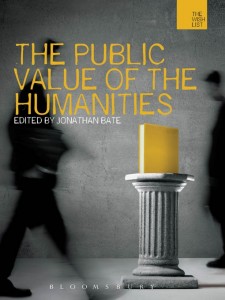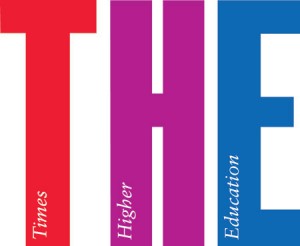 With reduced budgets and the resulting increase in competition, times are tough in the search for RCUK funding. Dr Richard Shipway attended a number of ESRC events recently and highlighted some key messages from the Council.
With reduced budgets and the resulting increase in competition, times are tough in the search for RCUK funding. Dr Richard Shipway attended a number of ESRC events recently and highlighted some key messages from the Council.
There was a 12% cut in real terms to the ESRC’s programme budget and a 23% cut to their administration budget.
The ESRC has indicated they will have 3 priority areas for funding:
- Global economic performance and sustainable growth
- Influencing behaviour and informing interventions
- Vibrant and fair society.
Demand Management
The ESRC aren’t introducing strict demand management measures at this stage but they are monitoring the situation closely. At the moment they are encouraging universities to regulate internally so there are fewer applications but of a higher quality reaching the Council. More information on the introduction of their intial measures is available on the ESRC’s website.
The ESRC has a useful section on their website providing grant writing advice to applicants.
BU also has our own internal peer review service to help you with applications.
Restructuring of Schemes
The Council have integrated the post-doc fellowships and first grants sheme to create the new Future Leaders Scheme which is aimed at outstanding early career researchers. The call has recently been announced and closes on 15th Sept 2011.
International Partnership and Networking Scheme 2011 has been launched. This is aimed at fostering the development of long-term relationships with overseas social scientists in areas of interest that are of direct relevance to ESRC’s current strategic priorities. The closing date is 12th Oct 2011.
They will be streamlining their funding with fewer but more flexible research competitions. Small grants are phased out and standard grant thesholds are increased. Resources will be focused on larger and longer grants – ambitious social science.
Economic and Societal Impact
Creating, assessing and communicating impact are central to all of the ESRC’s activities. It is very important to consider this when putting together a proposal to the ESRC.
International Collaboration
The ESRC is very keen to promote international collaboration. They have a ‘Rising Powers’ programme to encourage collaboration with China, India and Brazil (deadline of 8 Sept 2011). The Council also allow international academics to be listed as co-investigators on the grants of UK universities, more info can be found here.







 Members of the Arts and Humanities Research Council’s Peer Review College have resigned over the council’s continued refusal to remove references to the government’s Big Society slogan from its delivery plan.
Members of the Arts and Humanities Research Council’s Peer Review College have resigned over the council’s continued refusal to remove references to the government’s Big Society slogan from its delivery plan.
 Following on from the recent AHRC/Radio 3 New Generation Thinkers pilot scheme and the over-subscribed AHRC Broadcast Media workshops , the
Following on from the recent AHRC/Radio 3 New Generation Thinkers pilot scheme and the over-subscribed AHRC Broadcast Media workshops , the  Demonstrating the public value of research will be a significant part of the forthcoming REF exercise. Most major funding bodies now require an impact statement as part of the application process. Universities are being required to demonstrate that their research offers value for money and tangible benefits outside of the academic sphere. This is easier in some disciplines than others, with many people believing the arts, humanities and social sciences (AHSS) will struggle to demonstrate impact.
Demonstrating the public value of research will be a significant part of the forthcoming REF exercise. Most major funding bodies now require an impact statement as part of the application process. Universities are being required to demonstrate that their research offers value for money and tangible benefits outside of the academic sphere. This is easier in some disciplines than others, with many people believing the arts, humanities and social sciences (AHSS) will struggle to demonstrate impact.














 We can help promote your public engagement event or activity
We can help promote your public engagement event or activity Funded Public Engagement Opportunity – ESRC Festival of Social Science 2024 -Deadline for Applications Thursday 16 May
Funded Public Engagement Opportunity – ESRC Festival of Social Science 2024 -Deadline for Applications Thursday 16 May 1 WEEK REMAINING- Postgraduate Research Experience Survey (PRES) 2024
1 WEEK REMAINING- Postgraduate Research Experience Survey (PRES) 2024 Conversation article: How 2-Tone brought new ideas about race and culture to young people beyond the inner cities
Conversation article: How 2-Tone brought new ideas about race and culture to young people beyond the inner cities MSCA Postdoctoral Fellowships 2024
MSCA Postdoctoral Fellowships 2024 Horizon Europe News – December 2023
Horizon Europe News – December 2023